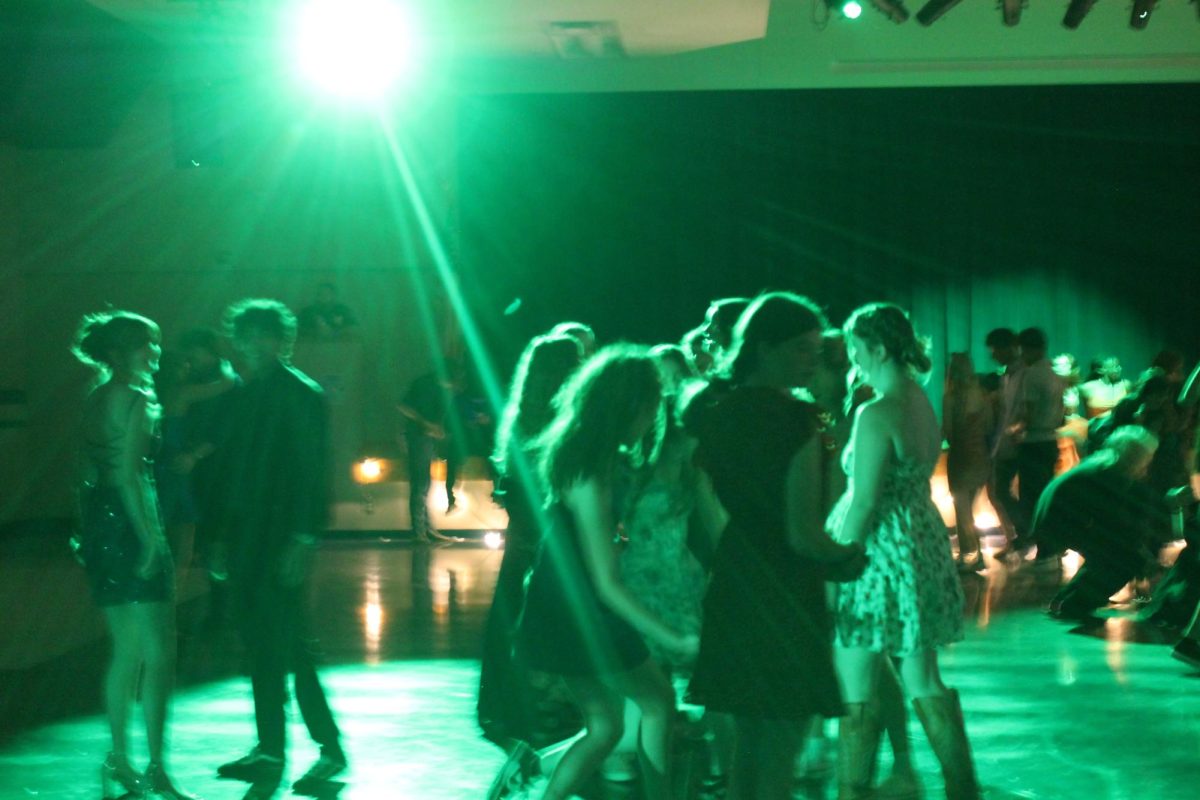Texas Senate Bill 12 (S.B. 12) went into effect Sep. 1 and made several adjustments to rights and requirements regarding school districts across the state. Among the bill’s concerns are topics relating to diversity, equity, and inclusion (DEI), parental rights and transparency, and the LGBTQ+ community.
The bill, introduced Feb. 24 during the 89th Legislature and passed by the senate May 26, was officially signed into law June 20. As described by the enrolled (final) version of the bill, S.B. 12 is an act “relating to parental rights in public education, to certain public school requirements and prohibitions regarding instruction, diversity, equity, and inclusion duties, and social transitioning, and to student clubs at public schools.”
While not directly related, Senate Bill 13, which also took effect Sep. 1, provides parents more influence in the reviewing and selection or denial of library material deemed indecent. The bill additionally allows parents, employees and district residents to challenge any content that may fall under the above criteria. In combination with the target of S.B. 12, a primary concern for the censorship and acceptance of the LGBTQ+ community has been raised, particularly regarding the restriction of any district employees supporting or discussing a student’s “social transition,” defined by the bill in section 7, chapter 11 (sec. 11.401) as “[a] transition from the person’s biological sex at birth to the opposite biological sex through the adoption of a different name, different pronouns, or other expressions of gender that deny or encourage a denial of the person’s biological sex at birth.”
ACLU of Texas senior staff attorney Brian Klosterboer said in an article from the ACLU June 23, “This ban on education harms Texas schools by shutting down important discussions and programs that mention race, ethnicity, gender identity, and sexual orientation. Students should be free to learn about themselves and the world around them, but S.B. 12 aims to punish kids for being who they are and ban teachers from supporting them.”
Under S.B. 12, schools are also prevented from sponsoring or authorizing the creation of organized student clubs on the basis of gender identity or sexual orientation. While framed as an action taken to uphold the rights and safety of children, many have taken the bill to be an attack on ethnic or social minorities, with a common concern being the bill’s future effects on the protections of rights for such communities.
Public opinion on the bill, as well as other similar legislations like S.B. 13 and Senate Bill 10, which mandates that all classrooms in Texas public schools display a poster of the Ten Commandments, has remained divided. The vague wording of S.B. 12 has also led to concerns over how far-reaching the bill’s restrictions could be. With many education-related bills going into effect only weeks after the start of many academic calendars, those impacted have had to make rapid adjustments to comply with the law.
“We are [still] awaiting some direction from the district and their lawyer as to some of the aspects of this new law,” counselor Cathy Kuehne said.







